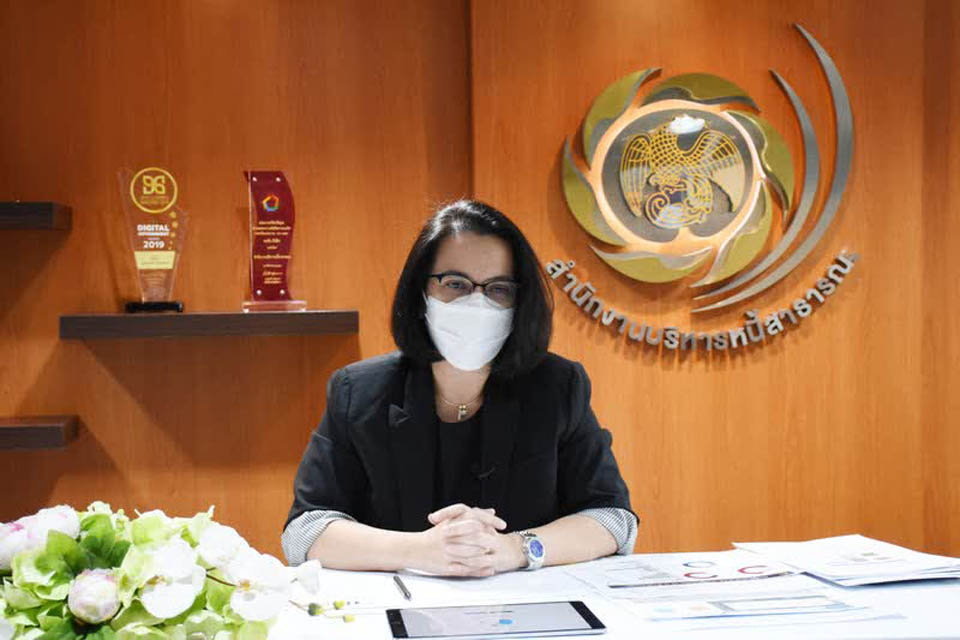
The Public Debt Management Office has reaffirmed that the government is capable of paying back recent emergency loans taken out by the government to address the COVID-19 crisis.
The debt-to-GDP ratio in Thailand has been in a constant state of flux, once reaching 59.98% in the year 2000. The limit was 60% at the time.
The public debt ratio during the administration of Prime Minister Gen Prayut Chan-o-cha has continued this trend, with most loans used to fund infrastructure projects and quality of life campaigns.
Amid the COVID-19 pandemic, the government has needed substantial funding to support the healthcare system, stimulate the economy and provide financial assistance to the general public. Compounding the issue, tax revenues have seen a decline as more people make less money, forcing the government to take out additional loans that incur higher public debt.
Patricia Mongkhonvanit, director-general of the Public Debt Management Office (PDMO), said the government needs to raise the public debt ceiling in order to facilitate more financial measures.
She said the measures are intended to help improve the economy, while noting that the government remains fully capable of paying back the loans.
The number of citizens filing personal income tax last year was around 11-12 million from the population of 66 million, with only around 2 million paying their taxes in full.
The government now expects to lose some 17 billion baht from its revenue stream after recently introducing an excise tax cut for diesel fuel. This drop has necessitated taking out emergency loans.(NNT)
 |
 |
 |





